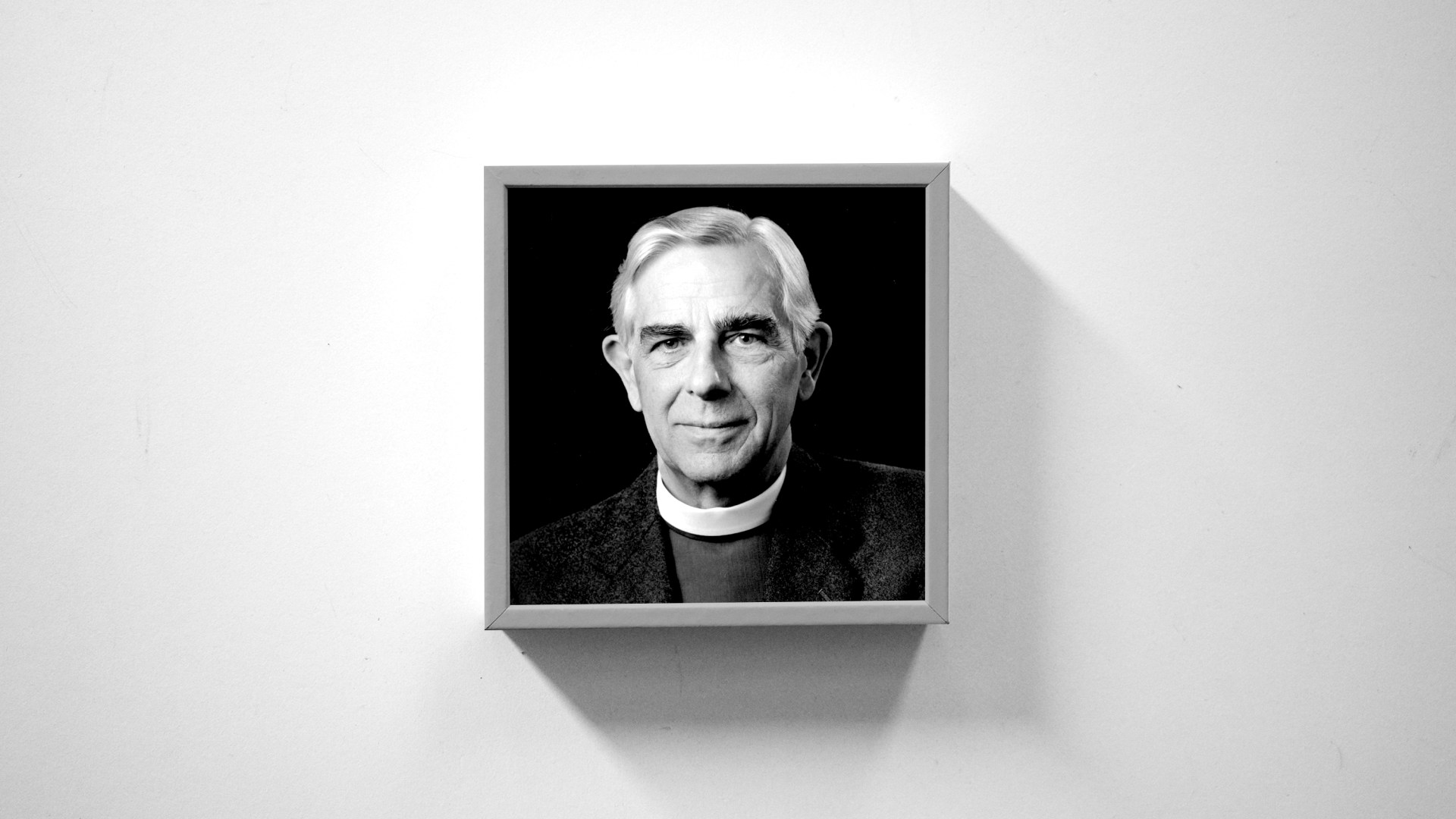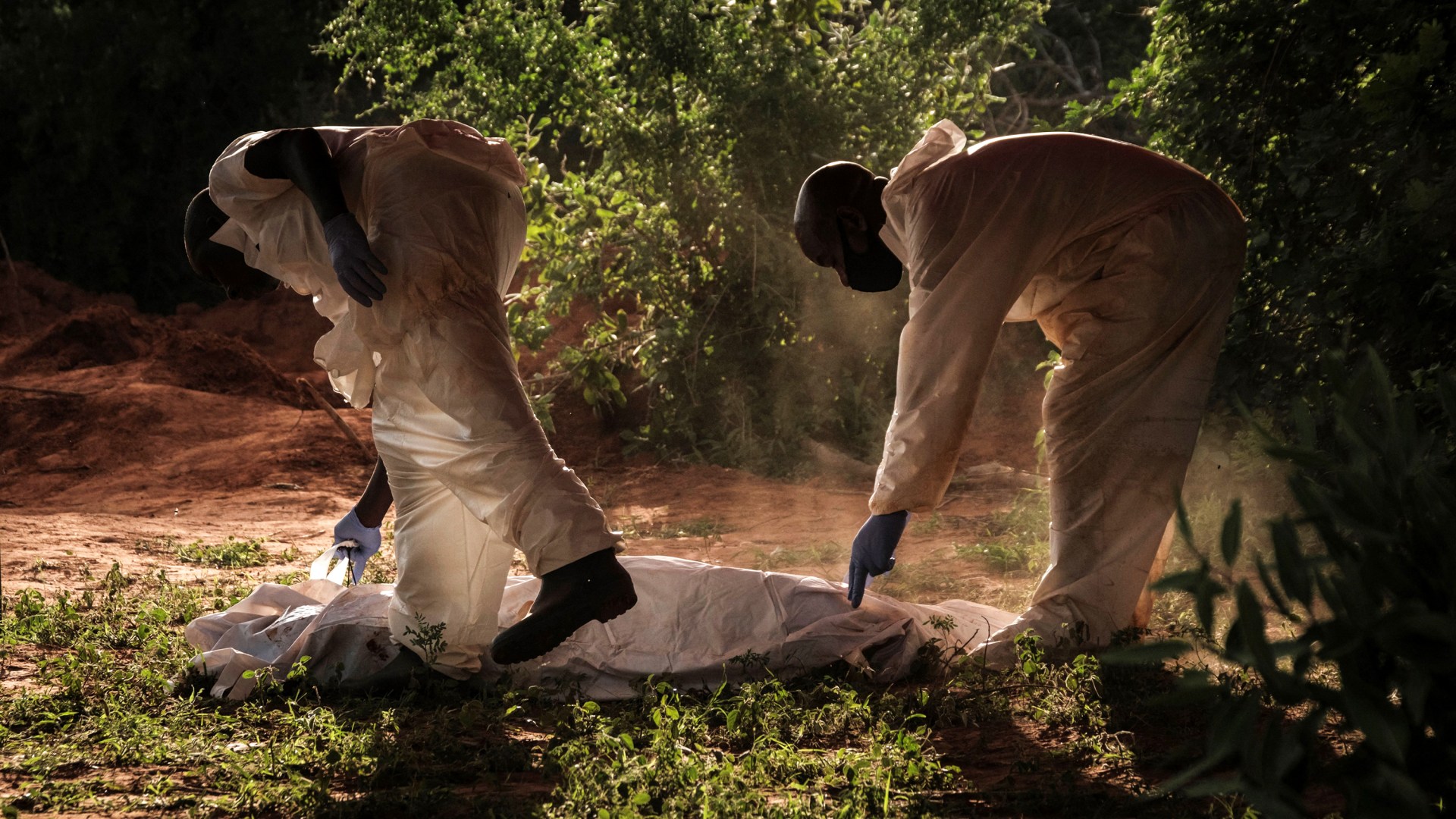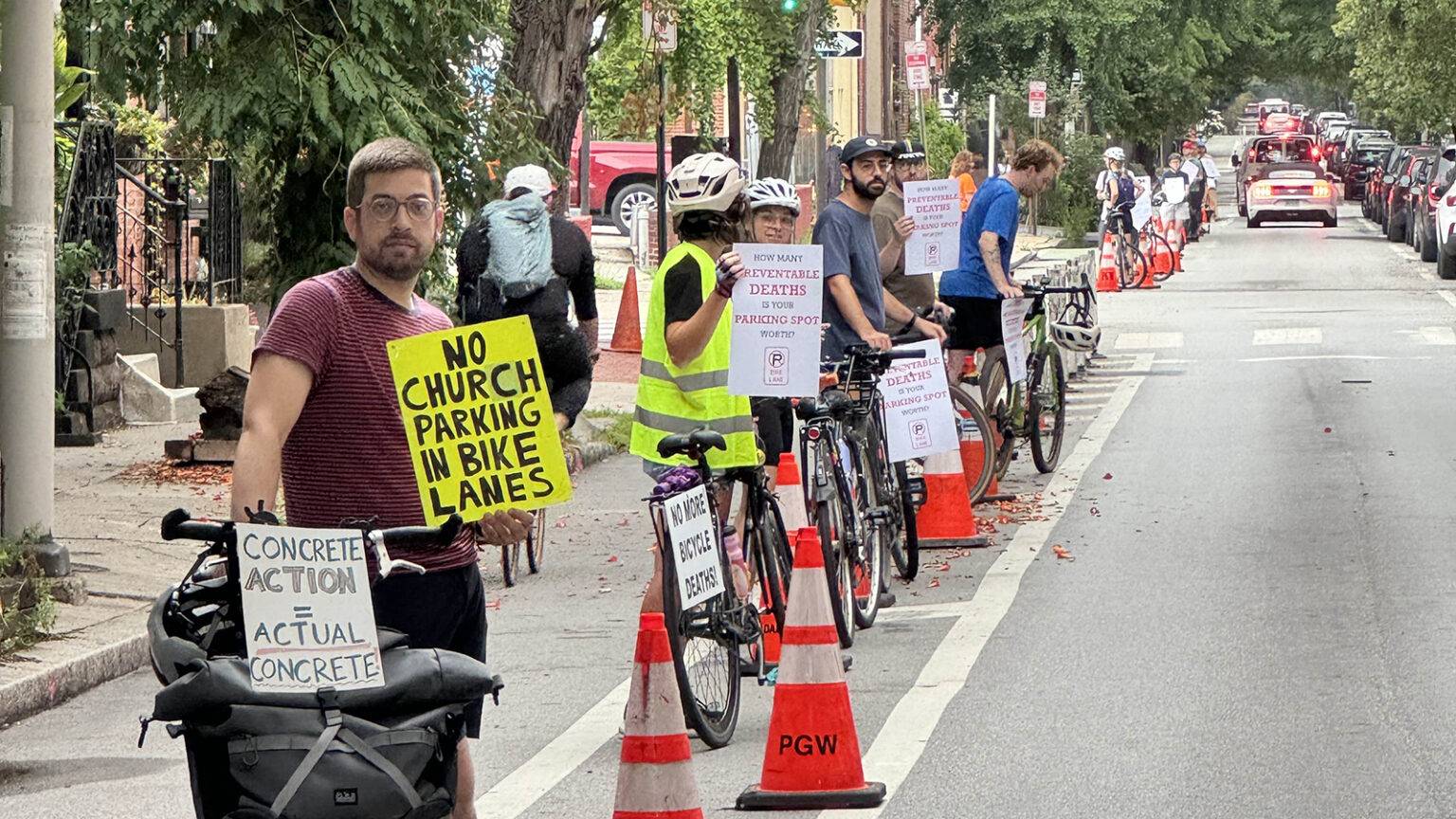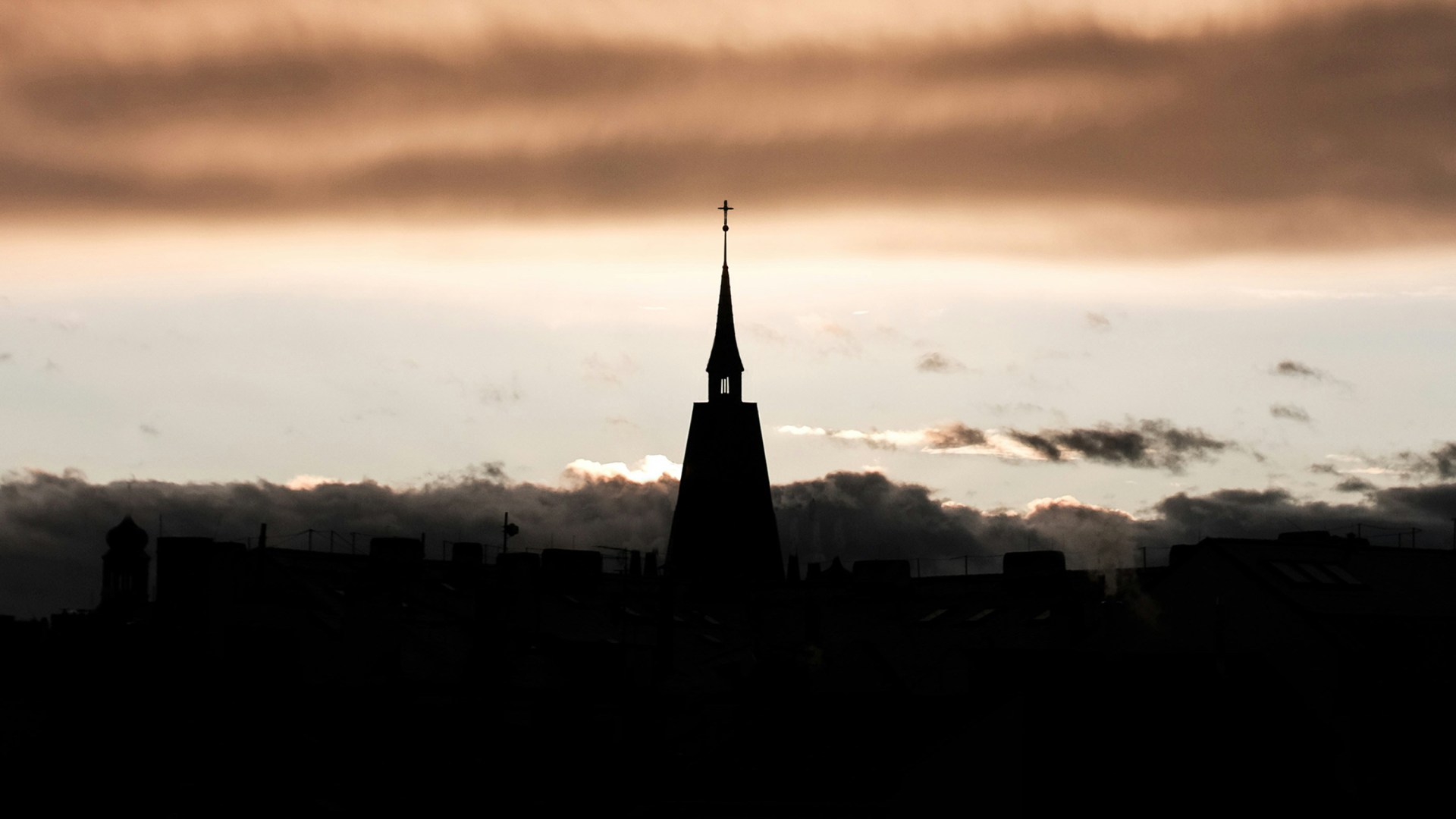Though born in Malawi, for the past eight years, I have made Liverpool my home. In this UK port city where, for centuries, millions of immigrants have passed through and at times settled, the vibrant migrant community is small but connected. Each June, for instance, we celebrate the Africa Oyé festival, a live music event that draws tens of thousands to the city annually.
At the same time, many of us who recently arrived or whose families are relative newcomers know the fragility of our feelings of belonging. Three years ago, for example, three Black players on the English team missed their penalty kicks during the European Championship match shootout and were subject to a torrent of racist insults.
In recent weeks, Liverpool has been the epicenter of the anti-migrant riots that have rocked the nation following the horrific stabbing of three young white British girls by a Black British teenager of Rwandan heritage in a nearby suburb. Since then, furor over these devastating murders has turned into nationwide riots targeting Black and brown communities (including both those born and raised in the country and those newly arrived) and their properties.
As a leader in a multicultural Liverpool church, I have found the past weeks to be strenuous. We have contended with the logistical nightmare of making sure that migrant communities (my own family included) are safe, including temporarily relocating children and the elderly to calmer neighborhoods and making sure their houses and cars are safe. We have also been trying to provide immediate and future psychological support for those traumatized. Among other violent actions, far-right protesters have attacked migrants, burned their cars, and smashed their windows as well as vandalized organizations and hotels providing support and housing to asylum seekers.
Serving my community in this way is, of course, not only draining but also isolating. I attend one of only a few congregations that have intentionally established a place where white, Black, and brown Christians, native-born and migrant, come together to worship. But many UK churches are segregated, and I know many Black and brown Christians who have experienced racism while attending majority-white congregations.
However, as a missiologist who is a migrant and is currently ministering to migrants, I believe that the white UK church may already have what it needs to initiate hard conversations within their churches and to defend migrants to the country at large. For more than two centuries, this country has sent numerous prolific missionaries around the world. And if there is one community outside the diplomatic circles in the West that knows a thing or two about the migrants and where they are coming from, it is missions organizations that have trained and sent thousands of British people to serve in mission around the world for many decades.
Returning missionaries arrive back home in the UK having learned new languages, made new friends, found new families, and developed acute awareness of the challenges of acclimating to foreign cultures. Of course, not all missionaries who are on furlough in the UK have the same capacity for ministry while at home as they do on the mission field. Yet returned and retired missionaries—and especially those leading missions agencies—should recognize the same opportunities for missional presence in their own neighborhoods.
What if these missionaries and missions agencies used this knowledge to identify with the migrants in their neighborhoods? What if they used these lived experiences to support communities like mine as we navigate the anxiety of national unrest? What if these Christian groups were the first Brits to publicly condemn the racism that too often inundates this country?
Of course, engaging in mission among migrants requires a different posture, skill set, and relational abilities. But it can generate catalytic fruit. Migrants who come to Christ or reaffirm their faith have the credibility to reach people from their home countries that might take missionaries decades to achieve. Standing up for migrants also rebukes the false narrative that missionaries have only a self-interested relationship with those they seek to convert and instead reminds the world of the love for people themselves that propels these believers to mission.
I propose three ways the missions community can embody this during this fraught time in the UK.
Advocacy
For many missionaries, returning home can mean easily slipping back into familiar cultural comfort zones. Yet their experiences of living as migrants in foreign cultures, their understanding of both the migrants’ and their own cultures, and their connections with churches among their own communities are treasures that give them a unique vantage point to help. These missionaries not only can follow the lead of those who have already organized counterprotests but also can protect asylum centers and mosques and offer food, water, and shelter to those in need of either substance or comfort. They can raise their voices to speak against racism, Christian nationalism, and the antimigrant rhetoric of the far right.
When far-right antimigrant groups stoke fear and hatred to the point that, as I wrote earlier, some of us have to temporarily leave our homes, what if missions agencies organized efforts with local churches to create safe places for migrants? What if a missions agency offered a hotline to talk to distressed migrants during a riot? Or to help migrants seeking shelter when their homes are unsafe? Or what if missions organizations offered counseling and psychotherapy support to those affected?
Reimagining missions theology
During the 1910 World Missionary Conference, out of the 1,215 delegates in attendance, 509 were from the UK—18 more than the United States and Canada together. In parts of Africa and Asia, many missionaries took advantage of British colonial rule to successfully spread Christianity. Their ministry was reinforced by the millions of European Christians in the 1800s who immigrated for economic purposes.
In the end, several former British colonies such as Nigeria, Uganda, Kenya, Zimbabwe, and South Africa embraced Christianity en masse. Nigeria alone, for example, has more than 102 million Christians, about one-and-a-half times the entire population of Britain today. Now, for decades, many people from these countries have arrived in the UK, along with their faith.
God has often used events we may not appreciate or may even fear to carry the gospel around the world. He who dispersed the Jerusalem church through persecution in Acts 11 now sends Africans and Asians—many of them believers—to parts of the world where Christianity has all but evaporated.
Every day we are bombarded with pundits that ask us to view mass migration from a political and economic perspective. But part of the mission community’s duty is to educate the church that this very migration will continue the spread of the gospel and to see the newcomers among us as people whom God wants to use.
Bridge building
Returned missionaries and their missions agencies must play an important role in creating better understanding and respect between British Christians and the wider UK community and newcomers. Missionaries’ command of multiple languages and grasp of the intricacies of different cultures can play a critical role in helping white Brits understand the reasons and motivations of those living among them.
In fact, during the colonial era many missionaries did this kind of work. Some, like William Carey, provided language training to foreigners while translating the Bible and other books to local languages. Today, though not missionary-sending ministries as such, organizations like Welcome Churches, Sanctuary Foundation, and the International Association for Refugees help Westerners learn how to work with the migrants.
During the recent riots, the best antidote has been white British people confronting racism in their own communities and defending migrants to fellow white Brits. Missionaries’ lived experience could allow them to go one step deeper and explain from a personal perspective what it is like to live in a new environment as someone far away from home. Their knowledge of straddling multiple cultures can offer a much more nuanced perspective of the migrant experience and a more detailed look at the alienation, loneliness, and fear that can accompany building an identity and way of life from scratch.
Returning the favor
Sadly, though I have met many missionaries who have challenged and grown my faith, I have also observed many missions agencies and churches ignore African migrants in their neighborhoods while sending their people to Africa to serve. Ironically, few seem interested in engaging Africans, Asians, and Latin Americans once they have migrated to Britain.
I remember attending a multi-agency mission conference in Manchester discussing the unfinished task of evangelizing my home country, Malawi. To my shock, the organizers of this wonderful conference did not think to invite some of the many Malawian pastors leading their (Malawian) congregations in Manchester.
When I lived in Minneapolis, our church sent nurses to Ghana for mission service but never cared to connect with the Ghanaian congregation that was next door to us. Sometimes I cynically wondered whether it was the exotic nature of working in Ghana and not necessarily working with and among Ghanaian people that drove most of that effort.
These oversights pain me because they seem to disregard hospitality—that is, the opportunity to honor and welcome newcomers. Most missionaries know that this is a fundamental part of mission work around the world and that much of their work hinges on the generosity and kindness of local people. Even Jesus told his disciples to move on to other homes and cities if such hospitality was lacking. “But when you enter a town and are not welcomed, go into its streets and say, ‘Even the dust of your town we wipe from our feet as a warning to you” (Luke 10:10–11).
As someone who grew up around missionaries in Malawi, I saw how our communities went out of their way to be hospitable to visiting Western Christians. Once, members of a church I knew sold all their goats and cows to pay for a missionary’s housing repair. My experience is far from the minority; long before they migrated to the UK, many people warmly received Westerners, even at personal cost, risking their own livelihoods to help missionaries’ ministries thrive. Could those who were once welcomed now do the same for these migrants?
Harvey Kwiyani is a Malawian theologian and leads the Centre for Global Witness and Human Migration (Acts 11 Project) at Church Mission Society in Oxford, England.









































